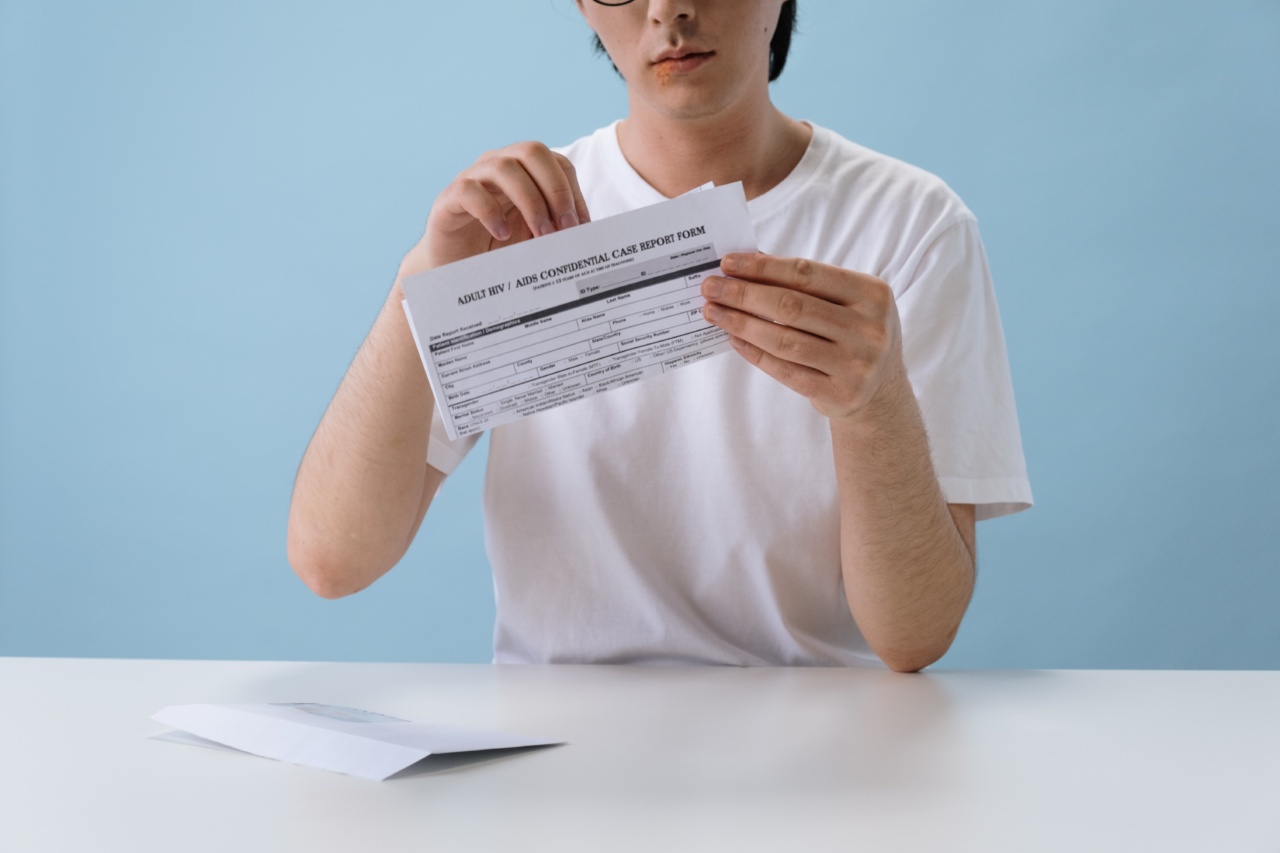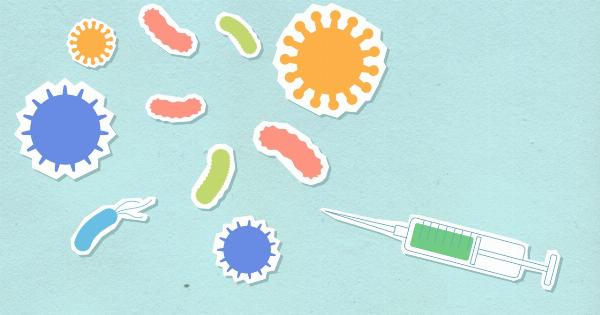Lip herpes, also known as cold sores or fever blisters, is a common viral infection caused by the herpes simplex virus (HSV). It is a highly contagious condition that affects millions of people worldwide.
Cold sores typically appear on or around the lips and can be quite uncomfortable and unsightly. However, with the right tips and tricks, you can effectively manage and prevent lip herpes outbreaks.
Understanding Lip Herpes
Before delving into the tips and tricks, it’s important to have a clear understanding of lip herpes. HSV-1 is the most common cause of lip herpes, although HSV-2 can also cause cold sores.
The virus is easily transmitted through direct contact with an infected individual or touching contaminated objects such as towels, utensils, or lip balms. Once the virus enters your body, it remains there for life, with occasional flare-ups triggered by various factors.
Identifying Triggers
One of the key strategies to manage lip herpes is identifying and avoiding triggers that may lead to outbreaks. These triggers vary from person to person, but common ones include:.
- Stress: Psychological stress weakens your immune system, making you more susceptible to lip herpes outbreaks.
- Exposure to sunlight: Ultraviolet (UV) rays from the sun can trigger cold sore outbreaks in many individuals.
- Illness or fatigue: When your body’s immune system is compromised due to illness or exhaustion, lip herpes outbreaks can occur.
- Menstruation: Some women experience cold sores during their menstrual cycle.
- Poor diet: A diet lacking in essential nutrients weakens your immune system, increasing the chances of lip herpes outbreaks.
Effective Treatment Options
While there is no cure for lip herpes, several treatment options can help alleviate symptoms and speed up healing. It’s essential to start treatment as soon as you notice the first signs of a cold sore, such as tingling or itching sensations.
Here are some effective treatment options:.
- Over-the-counter (OTC) creams and ointments: Antiviral creams containing ingredients such as docosanol or acyclovir can help reduce the severity and duration of cold sores.
- Prescription antiviral medications: Your healthcare provider may prescribe oral antiviral medications like valacyclovir or famciclovir in severe cases or for individuals with frequent outbreaks.
- Cold compress: Applying a cold compress or ice pack can help alleviate pain and reduce inflammation.
- Pain relievers: Over-the-counter pain relievers like ibuprofen or acetaminophen can provide temporary relief from discomfort.
- Topical analgesics: These creams contain numbing agents like benzocaine or lidocaine, providing temporary relief from pain and itching.
Preventive Measures
Preventing lip herpes outbreaks is the ideal approach to managing the condition. Here are some preventive measures you can take to minimize the frequency and severity of cold sores:.
- Maintain good hygiene: Wash your hands regularly, especially after touching your face, and avoid sharing personal items like towels, utensils, or lip balms.
- Protect your lips from the sun: Apply sunscreen or a lip balm with SPF before heading out in the sun to shield your lips from harmful UV rays.
- Avoid triggers: Identify and avoid triggers that lead to outbreaks, such as stress, excessive sunlight exposure, or certain foods.
- Eat a balanced diet: Consuming a nutrient-rich diet boosts your immune system, reducing the likelihood of lip herpes outbreaks.
- Manage stress: Engage in stress-reduction techniques like deep breathing, meditation, or regular exercise to keep your immune system strong.
Natural Remedies
In addition to conventional treatment options, several natural remedies can help soothe cold sores and promote faster healing. While these remedies may not cure lip herpes, they offer relief from symptoms. Here are some popular natural remedies:.
- Aloe vera gel: Apply pure aloe vera gel to the cold sore several times a day to relieve pain and promote healing.
- Tea tree oil: Dilute tea tree oil with a carrier oil and apply it to the affected area to help reduce inflammation and facilitate healing.
- Lemon balm: Topical creams containing lemon balm extract can provide antiviral properties and ease discomfort.
- Peppermint oil: Applying peppermint oil to the cold sore may help relieve pain and reduce redness.
- Echinacea: Consuming Echinacea supplements or tea may boost your immune system and aid in faster healing.
When to Seek Medical Attention
In most cases, lip herpes can be effectively managed at home. However, certain situations require medical attention. Consult your healthcare provider if:.
- You experience frequent outbreaks or severe symptoms.
- The cold sore doesn’t heal within two weeks.
- The infection spreads to other parts of your body.
- You have a weakened immune system due to a medical condition or medication.
Conclusion
Lip herpes, or cold sores, can be both physically uncomfortable and emotionally distressing. While there is no cure for the condition, following the tips and tricks mentioned above can significantly reduce the frequency and severity of outbreaks.
Remember to identify your triggers, seek early treatment, and maintain a healthy lifestyle to keep lip herpes at bay. If symptoms persist or worsen, don’t hesitate to seek medical attention for appropriate management.


























